The upcoming CARM regulations will make it mandatory for Canadian importers to have their own D120 Customs Bond as opposed to relying on the bond of their broker.
A change is on the horizon for shippers that import into Canada and it is all in the name of modernization. Canada Border and Services Agency (CBSA) has been working on an initiative for multiple year that will change the process of paying duties and taxes on goods imported into Canada. This initiative is known as the CBSA Assessment And Revenue Management, or CARM for short.
What Is CARM and How Is It Changing The Process?
As previously stated, CARM has been a multi-year initiative with the goal to modernize the import process in Canada and make it more efficient for importers. It targets only the revenue and cash management systems currently in place for assessing and collecting duties and taxes. It simplifies the process and includes an option for paying electronically.
The biggest change coming with the release of CARM is that individual importers will now be required to secure and post their own import bond (known as the D120 Customs Bond) in order to participate in the Release Prior To Payment Privilege (RPP).
Prior to the release of CARM, importers were able to use the import bond secured by their Customs Broker. However, as of Release 2 which will go live in June 2022, this will no longer be the case.
Why Do You Want Access to RPP?
The requirement for an importer to secure and post their own D120 Customs Bond will only apply to those importers that wish to have access to the Release Prior To Payment Privilege (RPP). So what is this privilege and why would an importer want access to it?
The RPP allows both importers and Customs Brokers to post security with the CBSA to obtain release of goods with deferred accounting and payment privileges. This entitles any importer or Customs Broker who has posted financial security and obtained an account security number to:
- Obtain the release of goods from the CBSA before paying duties and taxes
- Defer accounting for goods
- Defer payment of duties and taxes
Without RPP security, an importer will be required to pay in advance on the CARM Client Portal (CCP) or pay a CBSA cashier at the time of clearance, in order for the goods to be released by CBSA.
What is a D120 Customs Bond?
Basically, the D120 Customs Bond is the ‘posted financial security’ stated as a requirement for participation in RPP in the previous section of this article. The posted financial security will secure all accounts payable to CBSA, including duties and taxes, interest, adjustments, ascertained forfeitures, and Special Import Measures Act (SIMA) fees.
This security may be posted in the form of a cash bond, a continuous surety bond (known as the D120 Customs Bond), or a one-time single entry bond. If you are familiar with importing into the United States, this is very similar to the U.S. Customs Bond necessary for every importer to have on file with U.S. Customs and Border Protection. Learn more about U.S. Customs Bonds as a baseline to prepare for CARM.
At the moment, importers may use the security posted by their Customs Broker in order to participate in RPP. However, as of June 2022, the broker’s security will no longer extend to the importer and every Canadian importer will need their own individual D120 Customs Bond. In order to get ahead of the curve, it is recommended that importers secure their own bond as soon as possible to avoid delays or interruptions that will come with Release 2 in June 2022.
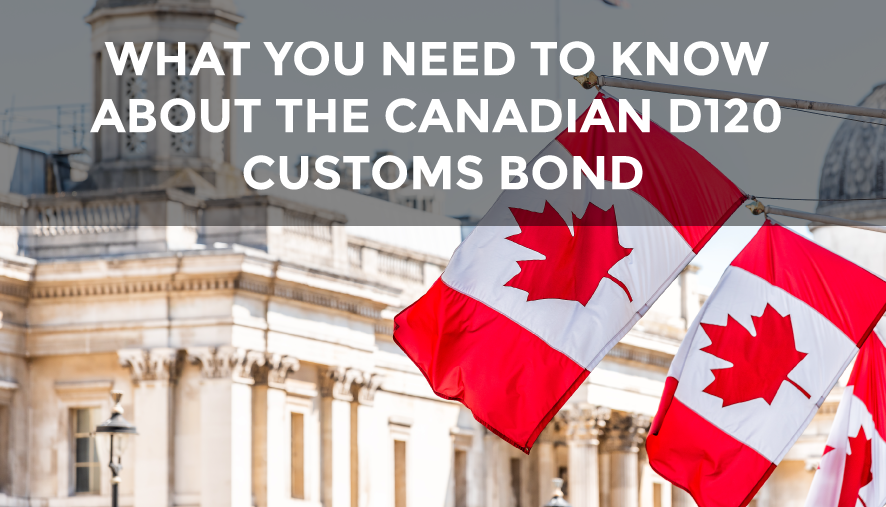
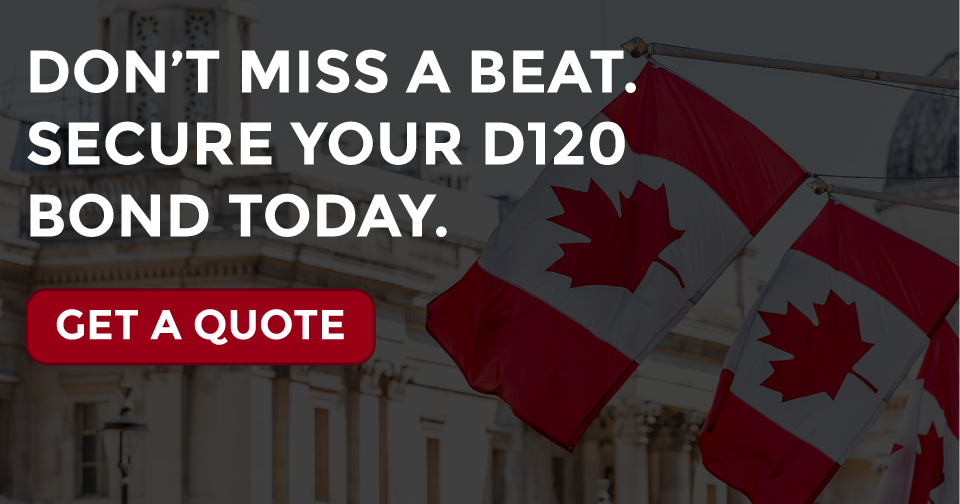


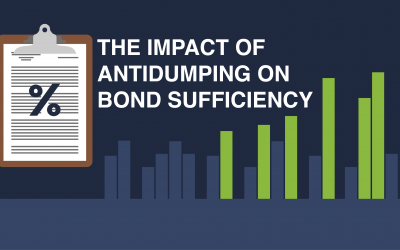
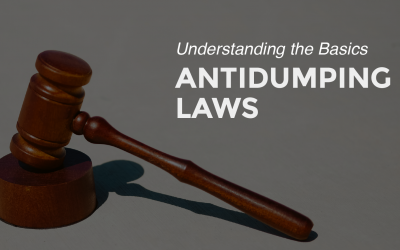
![[Video] What Are Antidumping and Countervailing Duties?](https://traderiskguaranty.com/trgpeak/wp-content/uploads/2024/03/what-are-antidumping-countervailing-duties-YT-400x250.png)